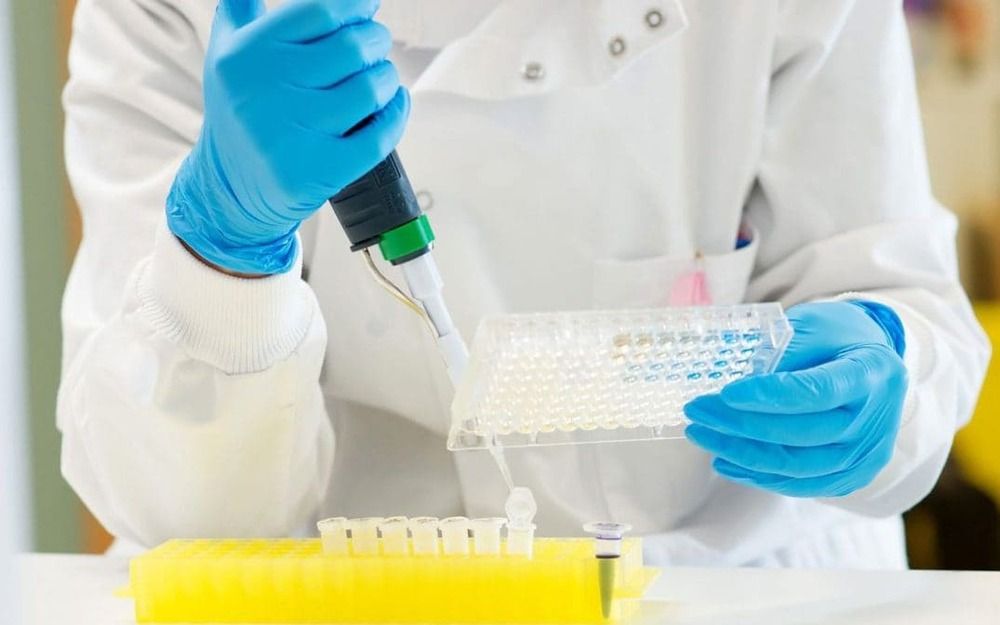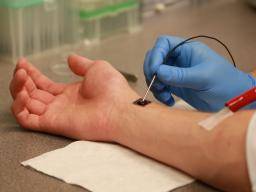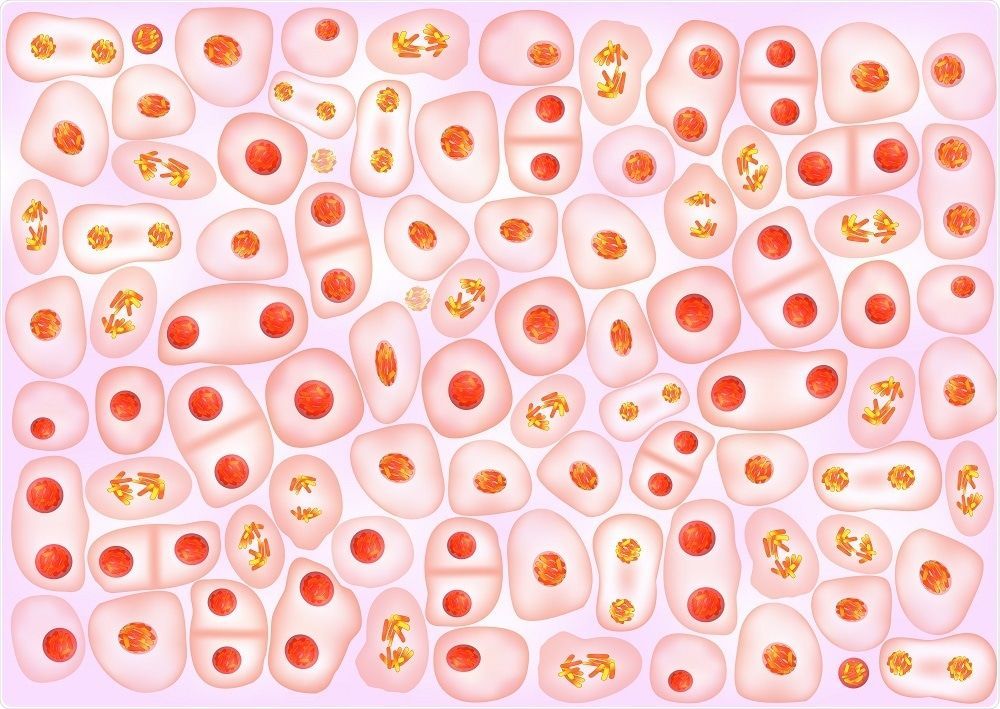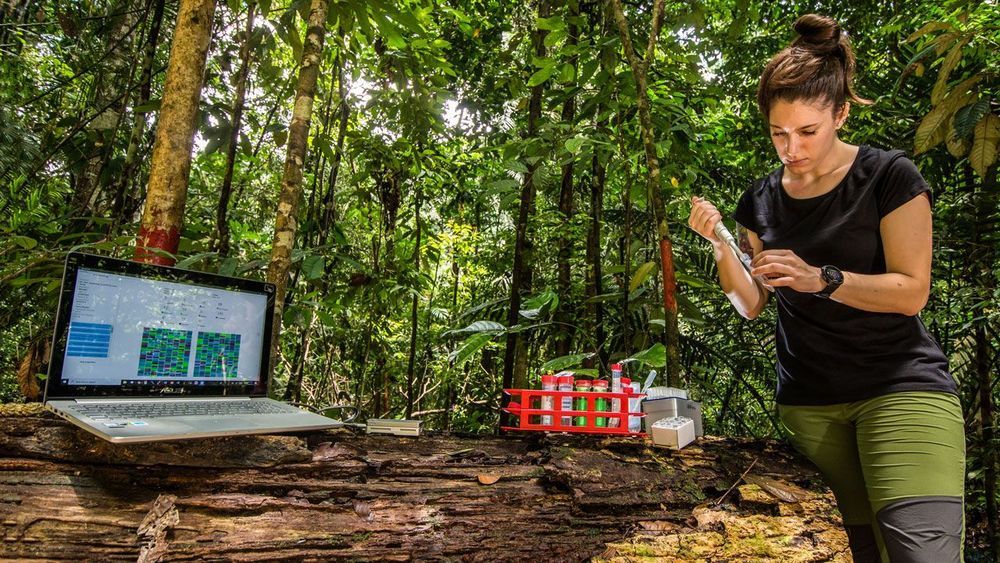Jun 9, 2019
New prostate cancer test will give men ‘peace of mind’ that they will never develop the disease, scientists say
Posted by Genevieve Klien in categories: biotech/medical, government
A new one-off prostate cancer test at the age of 55 promises to give men “peace of mind” that they will never develop the disease, scientists have revealed.
The 10-minute scan, which could be rolled out in supermarkets and shopping centres, detects dangerous cancers years before they cause any harm while ignoring growths that do not pose a threat.
Subject to a government-funded trial beginning this summer, the new MRI (magnetic resonance imaging) technique should enable the world’s first universal screening programme for prostate cancer.
















